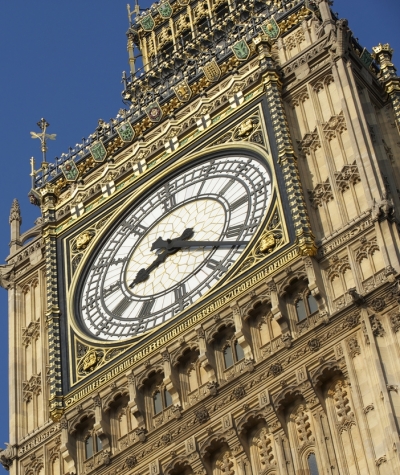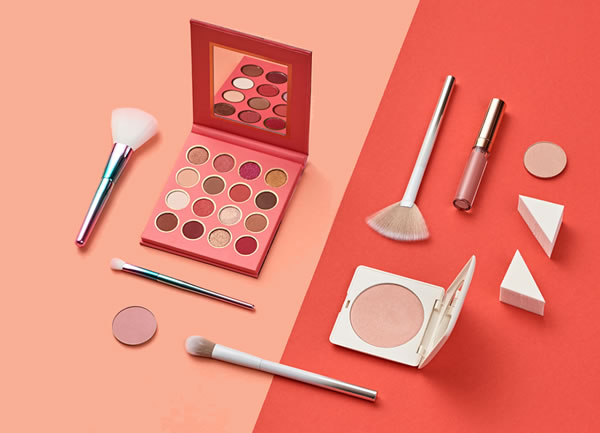Cosmetic products in the UK have to be safe to use by law. Not complying with the strict laws and regulations that are in place can not only put people at risk, but can lead to enforcement actions such as sanctions, fines and imprisonment! These drastic measures are in place so that you can be confident in the knowledge that none of the products we buy are going to be harmful or dangerous.
In the UK, the manufacture and supply of all cosmetic products is governed by the UK cosmetics Regulation (Schedule 34 of the Product Safety and Metrology Statutory Instrument). Previously, before the UK left the European Union on 1 January 2021, the UK was regulated by the European equivalent of this regulation known as the EU Cosmetics Regulation ((EC) No. 1223/2009) and its amendments, which is still the case in Northern Ireland.
Both Regulations lay down rules for:
- product safety, including the in-depth safety assessment,
- roles and responsibilities,
- Good Manufacturing Practice (GMP),
- Keeping appropriate documentation about the product,
- Notification of product information on a Government database,
- ingredients and prohibited substances,
- animal testing ban,
- what to include on the label,
- ensuring claims are truthful and accurate,
- monitoring any unwanted reactions to the cosmetic product,
- Companies must abide by all of these rules when making and selling their products.
The UK Government department responsible for the cosmetics laws is the Office for Product Safety and Standards, which sits within the Department for Business, Energy and Industrial Strategy. The cosmetics laws in the UK are enforced by Trading Standards, which operates locally to both enforce the law, but also to offer help and advice to companies on how to ensure they are compliant with the law.
The UK Cosmetics Regulation isn't the only law that cosmetic products need to comply with. To understand more about other pieces of legislation that affect cosmetic products, take a look at our website ctpa.org.uk.

